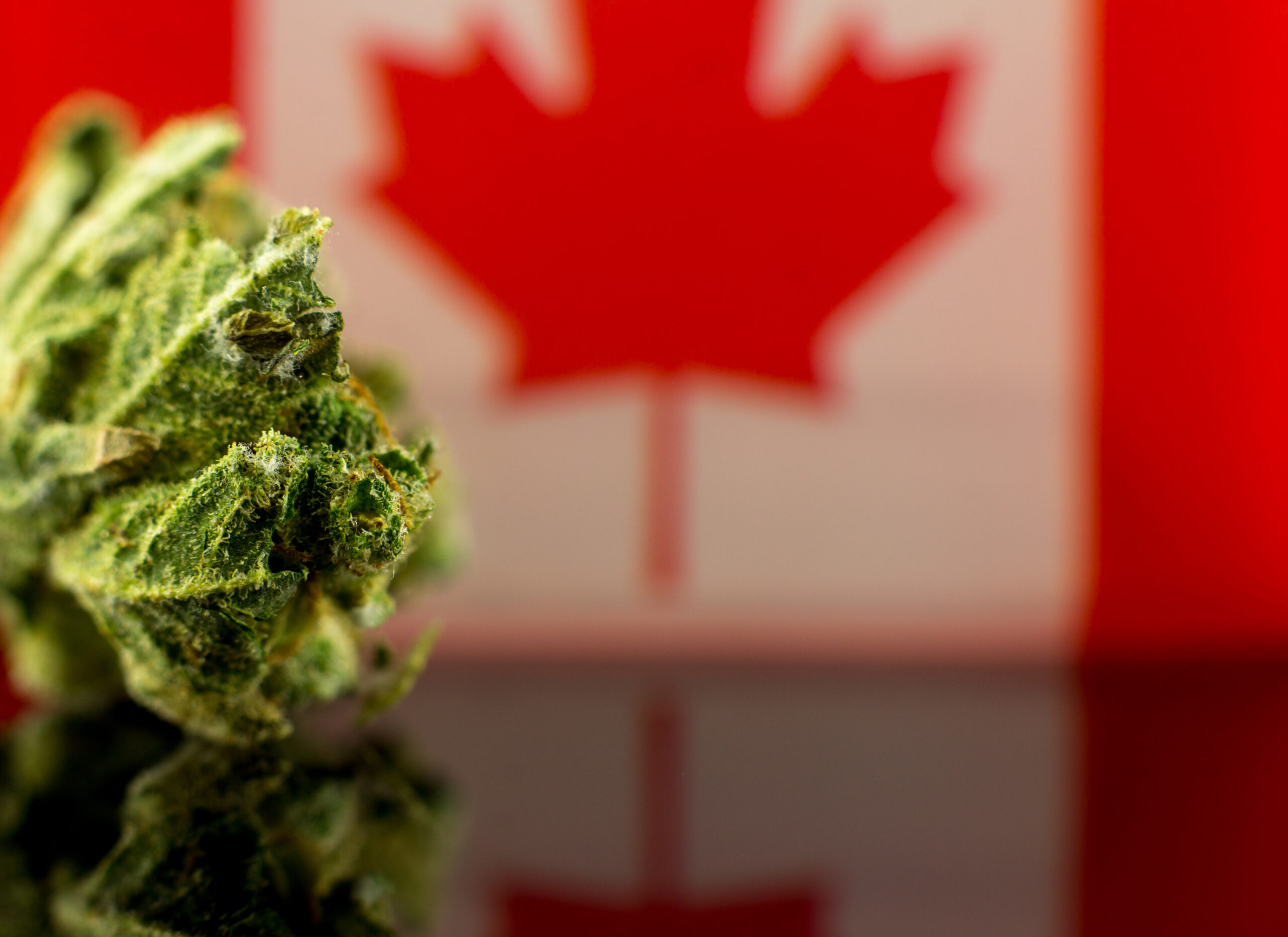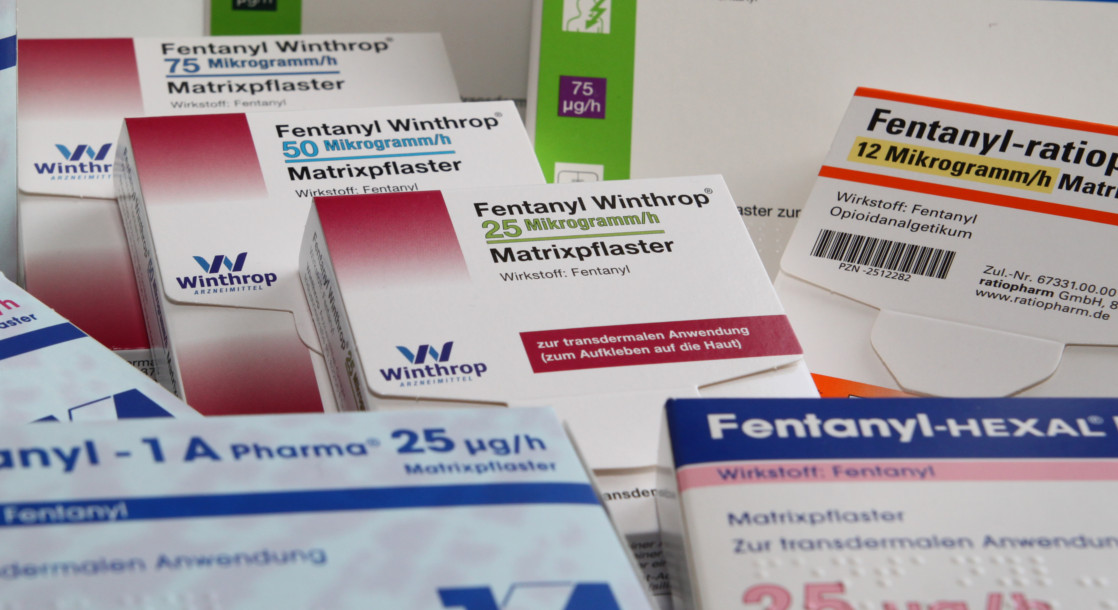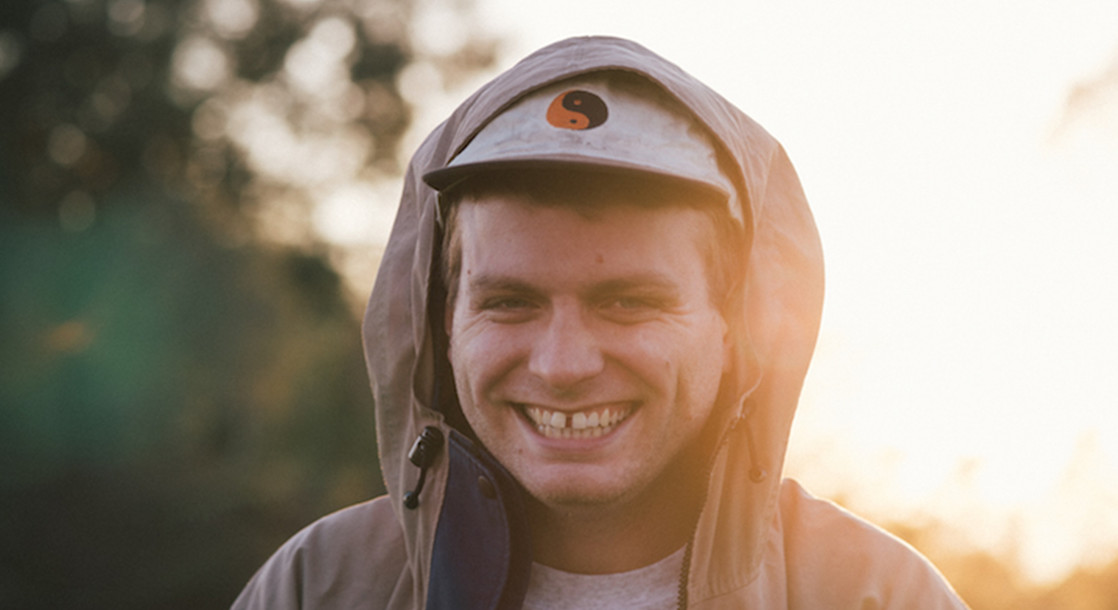After California, Ontario is the second largest jurisdiction on the globe to set up a regulated system for selling legal, recreational marijuana, and last week they literally raffled the retail end of the expected $930-million industry off to 25 people nobody in the industry has ever heard of.
In December, citing the fact that there’s just not enough weed being grown to meet demand, the provincial government announced that, instead of opening up the market to as many stores as it would bear, it would be holding a lottery. Anyone who was interested in a store could put their name in the hat (for $75) and 25 names would be drawn. Those 25 would then have a week to put together a completed application, including a full business plan, for a cannabis retail store. If they missed the deadline, the spot would just go to the next person on the list.
Almost immediately, the lottery was being looked upon by many Ontarians as sort of real-life Charlie and the Chocolate Factory lottery, where the golden ticket was a license to run a dispensary. In the end, over 17,000 people and companies threw their name in the hat. And why not? Cannabis has been projected to be worth $2.38 billion by 2021, and a win would give you up to a year’s head start.
And so, as you can predict, the inevitable happened: of the 25 winners chosen on January 11, the majority are sole proprietors who chose to roll the dice. One is a coconut water importing company; another appears to be a real estate agent in the Toronto suburbs. The thing all 25 share, it seems, is that nobody in the existing cannabis retail space has ever heard of them.
“I wouldn’t even call them newcomers,” says Abi Roach, owner of Hotbox Cafe, a long-time hub of the cannabis community in Toronto’s Kensington Market neighbourhood. “It’s just people, who had $75. … These are not people who care whatsoever. These are people who are like, ‘it’s a golden ticket, if I buy the chocolate bar and I get the golden ticket I get to ride the chocolate slide.” (Roach, as you might guess, did not win in the lottery.)
“Nobody bothered to read the regulations behind it,” she told MERRY JANE. “Nobody bothered to read like, what they actually have to do.”
So many people wanted to apply at the last minute, in fact, that the website set up to handle applications crashed, and the Alcohol and Gaming Commission of Ontario had to extend the deadline by an hour.
Now, like the prison football team banding together in The Longest Yard, those 25 winners have to do their best to open stores by April 1st — they are fined $12,500 if they miss this deadline — and, crucially, to be most people’s first impressions of the cannabis industry.
“The big thing for me is focusing on those folks who are able to convert their invitation to apply for a store, that they take that responsibility well beyond the ability to make money, and into the fact that they are actually the first introduction of our industry to our communities,” says Tom Dyck, CEO of mihi, a would-be chain of stores in Ontario. Dyck was also not a winner. Dyck is 272nd on the waitlist for the eastern region of the province, which relatively speaking is actually a pretty good result.
As the results of the lottery start to sink in, those in the industry are beginning to wonder aloud, ‘how did we get here?’ How did Ontario, which less than a year earlier passed a cautious and somewhat puritanical, but almost certainly functional, plan to sell weed at government-run shops, get to a point where, in a bizarre move, only 25 licenses were raffled off? What happened, and what needs to be done to pull this off?
**
That Ontario originally planned on selling weed at government stores never pleased the cannabis industry. Prominent Canadian health critic André Picard called it a “puritanical plan to sell marijuana in sterile state-run stores,” while many within the cannabis industry were similarly critical of the plan. When Doug Ford was elected premier in June, however, it gave the industry hope. Ford — who may be familiar to American readers as the brother to Toronto’s infamous crack-smoking mayor Rob Ford — won a majority government based largely on his pro-small business policies and rhetoric. He and his party are obsessed with this idea: one of his early moves in office was to put “Open for Business” signs on the side of many of the roads that lead into the province.
For the cannabis industry it was welcome news, as it presented an opportunity to finally get the province on board with privatizing retail sales. “Since 2015 we’ve been in there lobbying for private retail and for lounges,” says Roach. “So when [Ford] came to power, it was like, ‘great, — they’ll reach back to us, and they’ll listen to the deputations that we’re giving, and they’ll actually implement some stuff that we’re saying.”
That is not how it worked out.
“They didn’t,” says Roach. “It was all just a sham. All the government had to do was just get proper stakeholder engagement, and actually listen to what the stakeholders had to say. Which they did, but they didn’t implement anything anyone said. They just went at it the way that they thought was appropriate, without any thought process.”
Initially, the plan was to allow an unlimited number of licenses, with some restrictions that would prevent large corporations from dominating the market. Any company would be capped at 75 stores, the large cannabis producers would only be allowed to own 9.9 percent of any dispensary and could only have one store of their own at the point of production. But just days before the application process for those licenses was set to open, the government scrapped it and announced that they would only allow a maximum of 25 stores.
It’s a major letdown to many in the industry who, when Ford first announced plans to privatize retail back in August 2018, saw some kind of glimmer of hope for the marijuana market. “When Ford came in, he had both the legal industry and the black market side saying, like, “Hey, this is really good for cannabis, because we’re going to get the chance to have private retail, a large rollout of private retail and everybody’s getting a chance to be involved,’” says Christian Borys, founder of The Cannabis Complex.
License winners now have to scrape together $6,000 in the form of a non-refundable fee, access to at least $50,000 in a line of credit, have to have a good lead on a lease, security checks, full business plans, and the like. Like something straight out of The Apprentice, they had under seven days to get that altogether.
The whole process could be, if nothing else, a gigantic opportunity for the black market, especially in Ontario’s larger cities. Illegal dispensaries, selling black market product, are likely to begin opening up again, filling the void manufactured from the artificial scarcity in the market. “There are probably a lot of dispensary owners out there who are seeing this as an opportunity to open their doors up again and say, ‘there’s supply shortages across the rest of the country but not here,’” says Farrell Miller, an articling student with the law firm Lewis & Sagara, who specialize in cannabis law.
Roach claims that there are still about 100 dispensaries operating in Toronto, many of them in unmarked storefronts.
The Ford government has found uneasy allies in the cannabis industry (many campaign staff jumped ship to lobby for private pot companies after the provincial election), but the current state of affairs could put that in jeopardy, says Miller. “It was kind of leading us on. A lot of people in the industry feel like Doug Ford came in with his big “Ontario’s open for business” [message] and I think, honestly, he may have won based on that,” she says. “He benefited from using the industry and what they wanted, and then kind of bailed — pulled the rug out from under the feet of not just small business owners but lots of law firms, consultants and people that thought they had it all figured out.”
**
The cannabis lottery is one of those ideas that seems to have emerged to fix a specific problem, no matter how unwieldy and hard-to-predict the knock-on effects might be. It is like Bugs Bunny jamming his finger in the dam, just to see it break elsewhere. The province is right that supply issues are a concern across the country — Alberta was forced to halt their licensing process, while stores in Quebec were limiting hours of operation to throttle demand. And had hundreds of stores attempted to come online all at once on April 1, those supply issues would have caused headaches. It is hard, and to some extent conceptually impossible, to be a government that solves industry’s problems through regulation and patronage while also claiming that you’re the party of small business owners and lax regulations. In some sense, it is a contradiction in terms.
“The AGCO has no experience,” says Roach. “They only know alcohol. They don’t have any experience with [marijuana]. They don’t know, so they’re like, ‘you know what, just like a bar license, let’s just throw it in the pile’ and off they go.
“They have a deadline: stores have to be open by April 1. How do you do that? This is the cheapest, fastest way to get the April 1 deadline. That’s what this.”
It is now the wild west in the dispensary-opening business. Larger retail companies — companies that, like Dyck’s mihi, or any of the chains that have already been successfully operating in Western Canada — are throwing money at lottery winners; it’s still very hush-hush (MERRY JANE has attempted to contact several of the winners; none have been available for interviews), but Roach has heard of offers as high as $5 million from companies with “turnkey” stores to partner with lottery winners. They won’t be able to just hand over the money and take the keys, though: the lottery winners, per the regulations, have to be operationally involved in the store. What that looks like, and whether any of the winners are up to that task, remains to be seen.
Dyck says that mihi, which recently raised $25 million in investment money, is keen to wait the whole thing out. “I’m sitting back I’m watching, quite enjoying watching, what’s going on,” says Dyck. “It’s a lot of fun, and quite frankly, a lot of work for everyone.” He called the rush on the part of companies to throw money at the winners “an interesting side distraction” on the long-term development of the industry.
Others are just dismayed and disheartened at how a province could botch this so badly. “Somehow we’ve ended up in a situation where the 40 brick and mortar stores that were proposed by the Liberal government is a better scenario than what we’re ending up with,” says Caryma Sa’d, a Toronto-based cannabis lawyer. “At some point, will there be stores established where people can go in and purchase cannabis? Yeah, there’s probably going to be at least some of them, if not all of them, that are up and running by April. But is this an efficient or effective or logical or equitable way to go about cannabis distribution? No. I would consider this project a failure already for user.”
Barring drastic corrective action on the part of the government, the great Ontario cannabis raffle will likely be one of the most impactful aspects of the legalization roll-out in this province. Starting from such a precarious and unusual process is charitably seen as unorthodox, uncharitably seen as malpractice. Handing first-mover advantage out randomly will, says Miller, have a major impact over what businesses are able to open later on down the line. “There’s gonna be people that distrust the system and abandon the idea all together, there’s people who will feel like they’ve lost enough already, people locked into leases or who would have had all that cash [and] may just not have the capital by the time the opportunity comes for them to apply,” she says.
“The whole lottery system is doomed for failure. It’s doomed,” says Roach. “You’ve actually quadrupled the amount of work that you have to do. It’s a mess. Had you just done it properly from jump, this all would have been avoided.”











